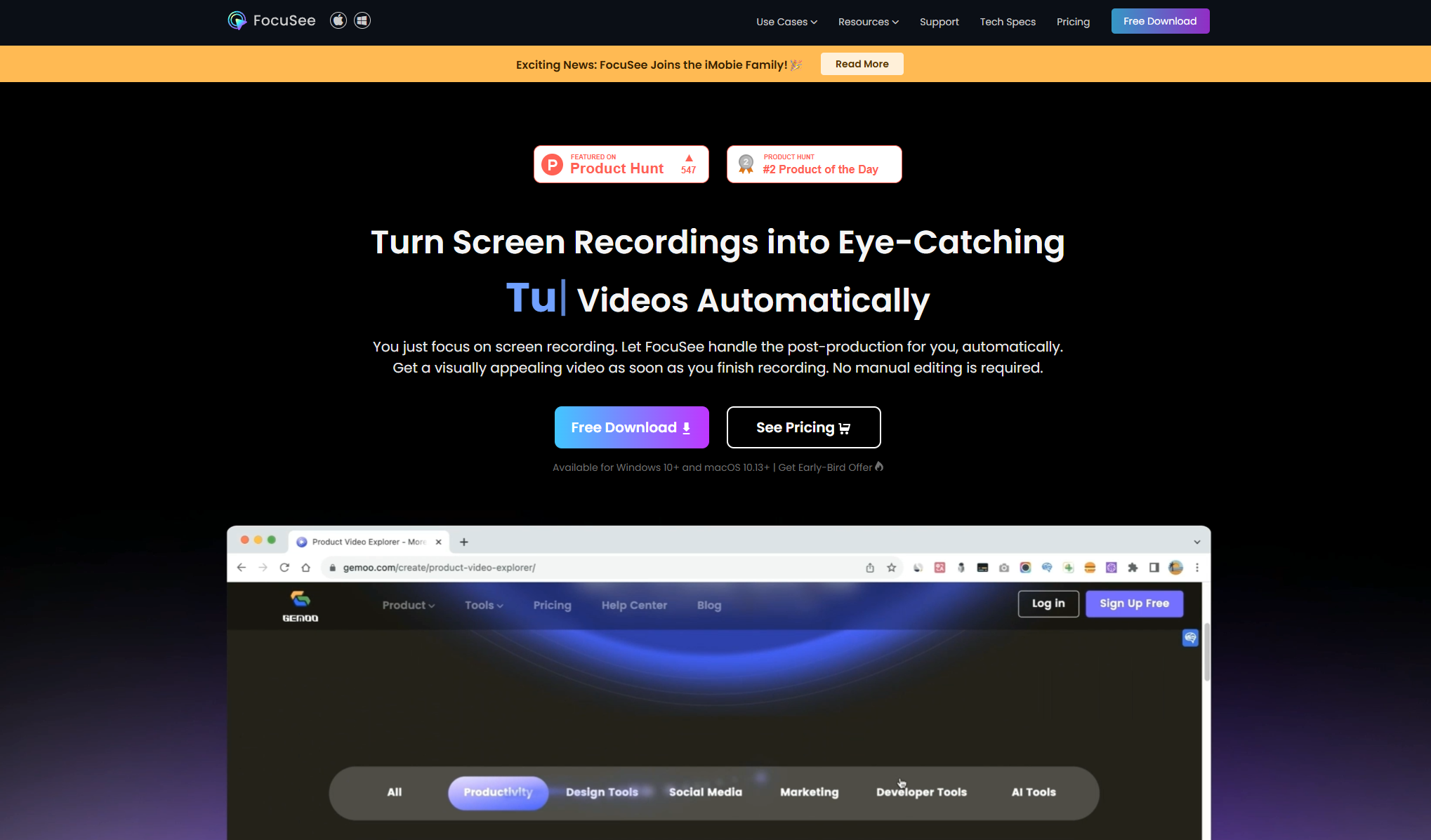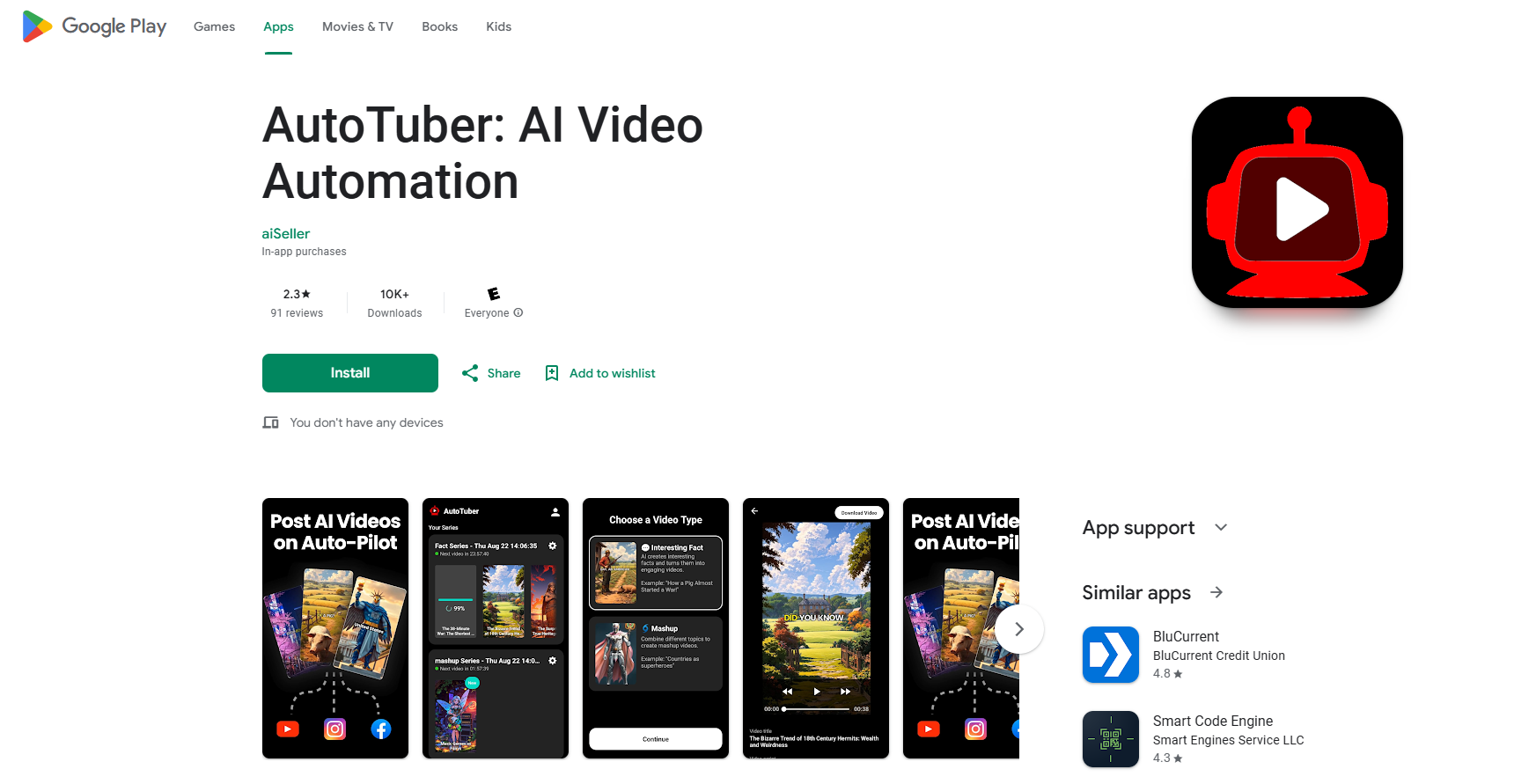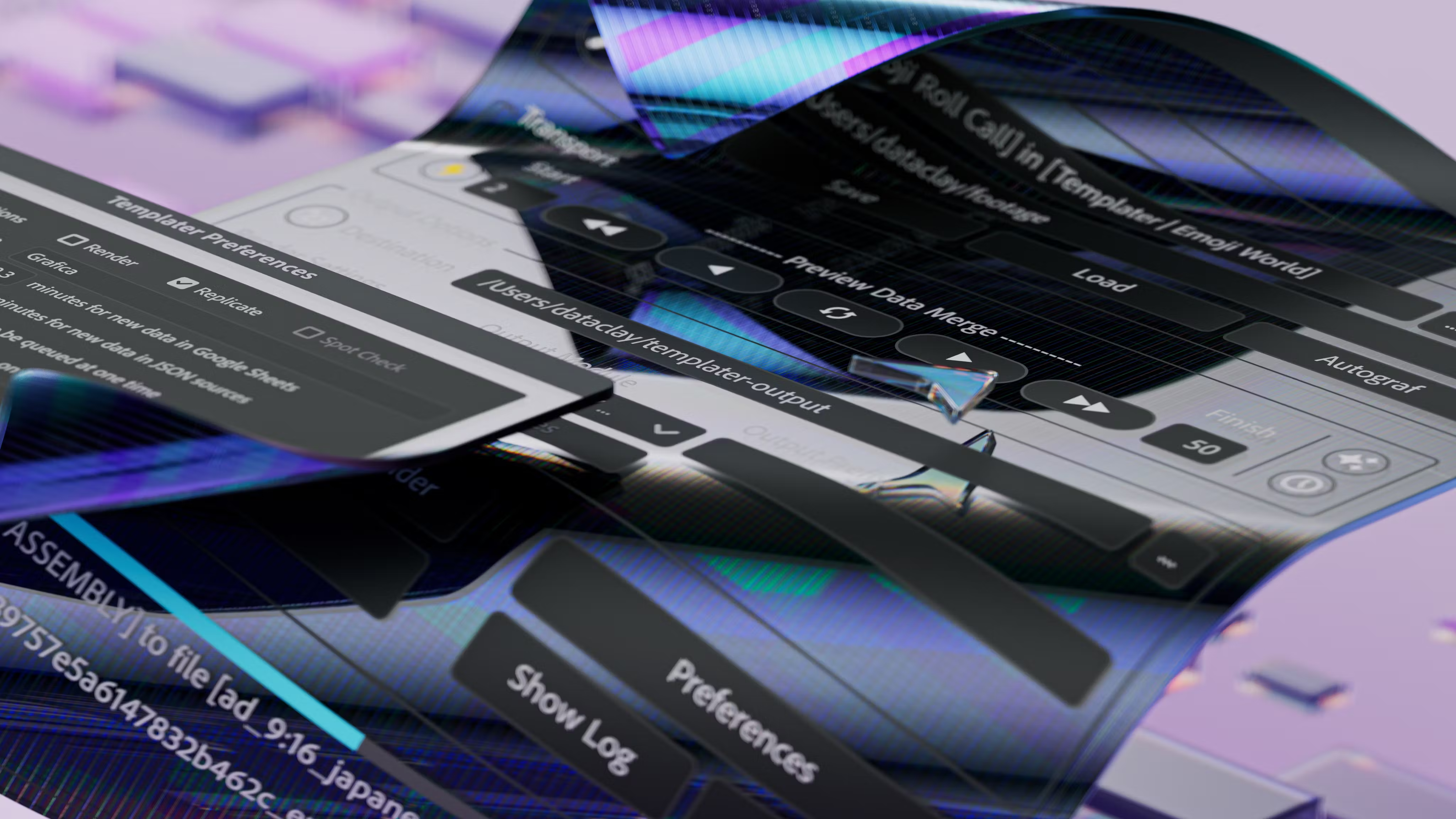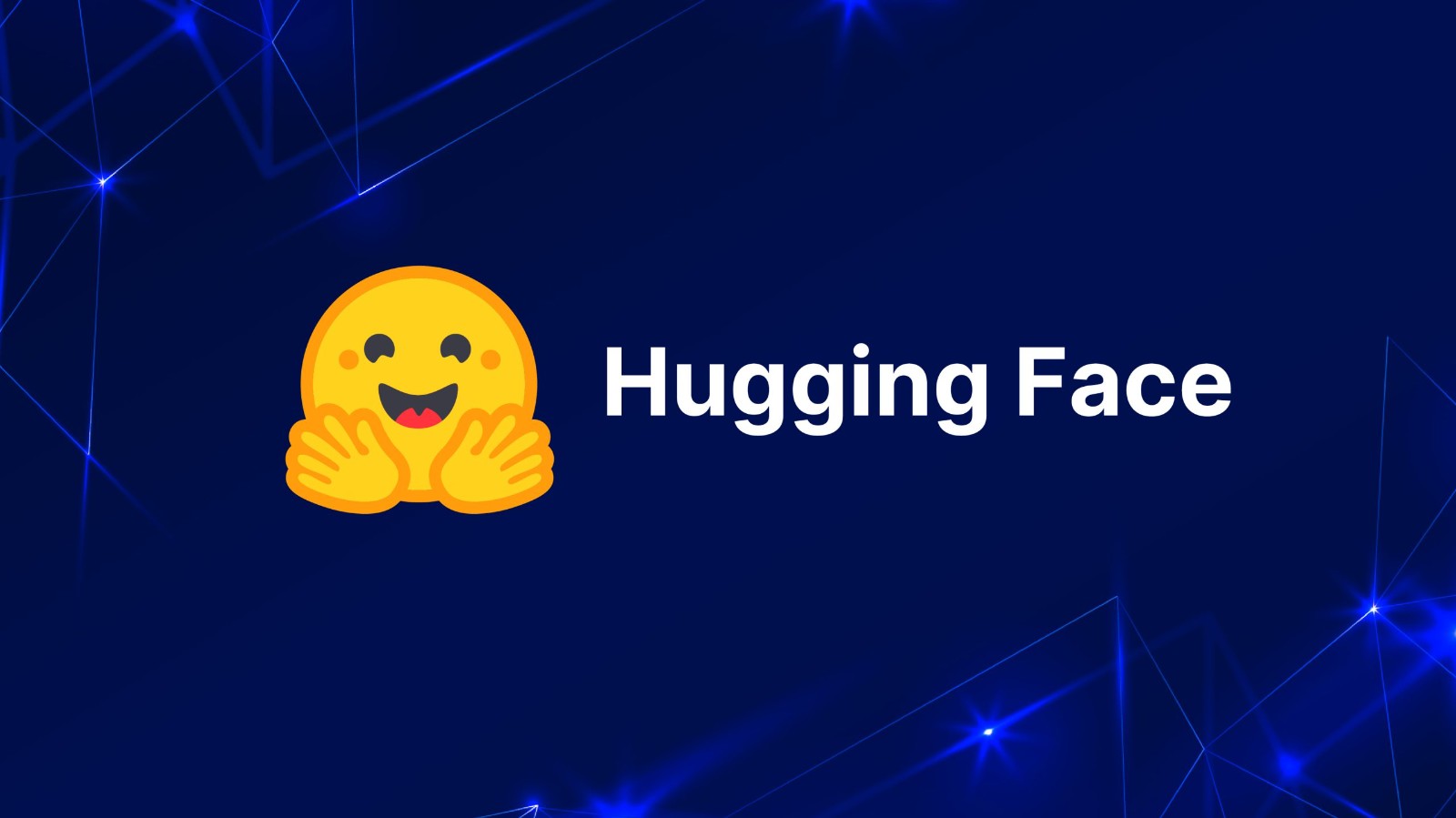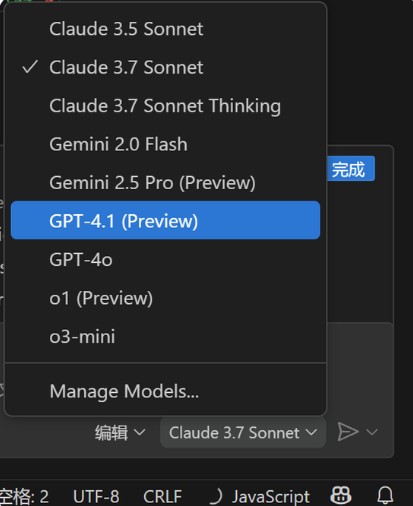
What is HealthChat?
HealthChat is an innovative healthcare communication platform designed to enhance patient-provider interactions through secure video messaging and virtual visits. It serves as a comprehensive telehealth solution that allows healthcare providers to deliver remote care, conduct follow-ups, and maintain ongoing communication with their patients. The platform is built with both healthcare professionals and patients in mind, offering features like appointment scheduling, secure messaging, video consultations, and integration capabilities with existing electronic health record (EHR) systems.
Key Features of HealthChat
HealthChat is a HIPAA-compliant telehealth platform that enables secure video messaging and communication between healthcare providers and patients. It offers seamless integration with existing EHR systems, allows for convenient virtual doctor visits, and includes features for billing, appointment scheduling, and secure messaging. The platform is designed to improve patient care experience while helping healthcare providers manage their practice more efficiently.
Secure Video Messaging: HIPAA-compliant, end-to-end encrypted video messaging system that allows healthcare providers to communicate securely with patients through video, voice, and text
EHR Integration: Seamless integration with major EHR platforms like Cerner, EPIC, and Athena Health, allowing practices to maintain their existing workflows
Billing and Scheduling: Built-in features for appointment scheduling, billing management, and procedure code attachment to streamline administrative tasks
Cloud Storage: All conversations and medical data are securely stored in the HealthChat Cloud, not on local devices, ensuring data security and accessibility
Use Cases of HealthChat
Virtual Follow-up Consultations: Doctors can conduct follow-up appointments virtually, saving time for both providers and patients while maintaining quality care
Inter-professional Communication: Healthcare professionals can easily collaborate and communicate with specialists and team members about patient care
After-hours Care: Providers can offer extended care availability through asynchronous communication, improving patient satisfaction and retention
Remote Patient Monitoring: Healthcare providers can maintain ongoing communication with patients with chronic conditions, ensuring continuous care management
